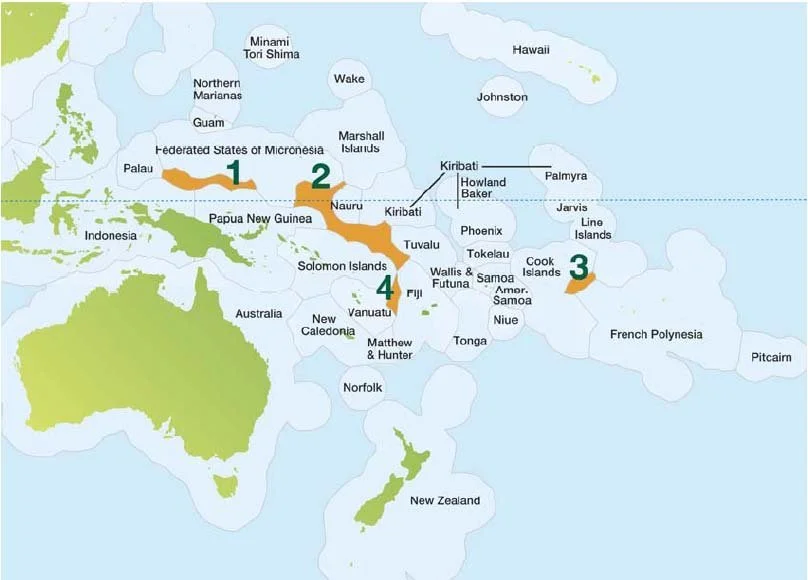I found this job I've been writing about over the last few blogs to be challenging. I have had to read extensively about topics that are in parallel areas of my usual work, and as such, I have learnt a great deal from this experience. Although my contribution is small, I am truly honoured to have been selected to work on this issue.
As my first fishing captain told me: in life, you are either making money or learning. On rare occasions, you get to do both! And this is one of them!
MPAs are a controversial issue in fisheries, as in most fisheries cases, they depend on context. I think it is pretty evident that they do work in coastal areas, when they are absolute “no take”… for everyone, it does not matter if it is recreational, commercial, etc, no one.
Yet for oceanic fisheries, it isn’t so clear… I think the belief that there are silver bullets plays against them.
Yet, as my vwey talented colleague and friend Shelton Harley wrote to me: “Now we just need (or hope) for any MPAs to be based on clearly articulated objectives AND consideration of whether other fisheries management tools could bring about the desired outcome without concluding that sustainable resource use was not possible in an area”
I agree with him… my work in this paper mainly focused on the “how” (which is somewhat straightforward and framed by existing technologies); the “who” remains a theoretical exercise based on UNCLOS and international agreement, but is always going to be primarily tied to flag state responsibility. Yet the essential “why” (we need MPAs in high seas) is still to an extent ideological and speculative (and partly rooted in faith as described by Hillborn in 2006)
…”the theory of MPA impacts on adjoining areas requires at least a generation for abundance to build inside reserves and recruitment to spill out. The displacement of fishing effort from inside to outside the reserve should initially cause the abundance outside to decrease…
Since then there have been a lot of studies arguing the pros but mostly the neutrality/limitations of “non-coastal-based” (for lack of better terms MPAs), the two that come to mind are “Limited conservation efficacy of large-scale marine protected areas for Pacific skipjack and bigeye tunas” (2023) and “Evidence of spillover benefits from large-scale marine protected areas to purse seine fisheries” (2024)
From my work in fisheries, I am interested in the debate. However, in this particular case, under the BBNJ framework, the scope extended beyond fisheries, as, in principle, the fisheries component is at least the responsibility of RFMOs. The focus here was on environmental crimes, which fall under UNDOC’s scope.
Of course, any MPAs that could be established in ABNJ within an RFMO area (excluding the SW Atlantic; all oceans have them) will inherently interact with the RFMO.
I enjoy testing things and learning from the process. Therefore, if it were my decision, I would test the idea for a decade in the High Seas pocket of the WCPFC. These are areas where high levels of longlining and transhipments occur under the impracticability exemption to the rule banning transhipments within the WCPFC. Additionally, there is a notable amount of bunkering, including failing to pay permits to coastal states, which could lead to potential spills. But importantly, they are already functioning as MPAs for purse seiners under the conditions of PNA.
They are already regulated by fisheries organisations' MCS tools (FFA and WCPFC), and neighbouring countries are interested in testing whether their populations could grow after a few generations.
Having them there does not impose undue restrictions on Pacific Island countries, but benefits the entire WCPFC membership and prevents the possibility of “only flag state responsibility” being applied to one of a “shared one with coastal states”.
And I strongly believe that coastal state stewardship underpins our sustainable fisheries, and labour standards are a condition of fishing; these are just two examples.
Since it involves more than just fisheries, we should give it a try. If it doesn't succeed after ten years, we can halt it; if it does, we can uphold it and share the lessons learnt.
Again, this is merely my humble opinion and does not reflect the views of any of my employers (or even my friends).

